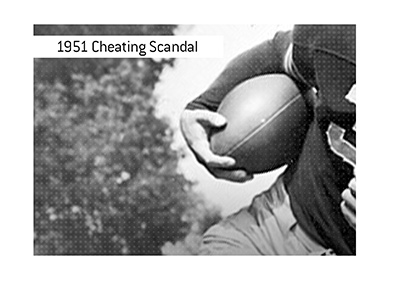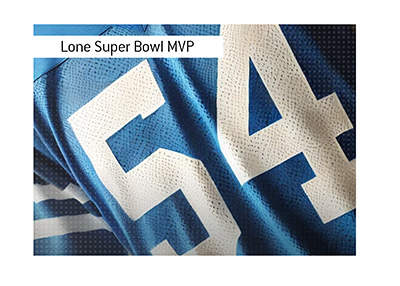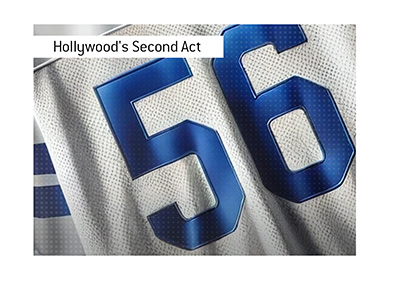Large Number of Army Football Players Violated "Honor Code"
Published on September 3rd, 2023 7:33 pm ESTWritten By: Dave Manuel
 On November 9th, 1946, the Army Cadets, led by head coach Earl Blaik, played the Notre Dame Fighting Irish at Yankee Stadium.
On November 9th, 1946, the Army Cadets, led by head coach Earl Blaik, played the Notre Dame Fighting Irish at Yankee Stadium. The game, which pitted the #1 ranked Army against the #2 ranked Notre Dame, was a big, big deal.
In fact, the game was called the "Game of the Century".
74,121 people turned out to watch the game, which ended up in a scoreless 0-0 tie.
More than a million people requested tickets to the game.
-
At the time, the NFL was considered a "small-time" league.
College football was where it was at, and the Army Cadets sat at the top of the college football world.
From 1944 to 1950, Army would only lose THREE games, and they were adored by the nation.
Army would lose some of its graduating players to the Korean War, which started in the summer of 1950. To say that Army was a popular football team would be an understatement, especially at a time of war.
By 1951, the football program would be practically destroyed by a cheating scandal, leading to the expulsion of many of the team's best players.
-
Would you turn in a teammate and friend if they were violating the "honor code"?
In 1951, two students at West Point - one on the swimming team and the other on the basketball and football teams - learned of a "cheating ring" that Army's top athletes had been using to obtain good grades.
Many of the people that were cheating were not considered to be great students.
They were, however, great athletes.
These two students learned that "tutors" were learning what was to be on the tests that their students were studying for and passing this information along to the athletes.
"Passing the poop", as people called it.
These students were obviously doing very well on the tests that they were taking.
-
The Honor Code stated:
"A cadet will not lie, cheat or steal or tolerate those who do".
The swimmer who learned of the cheating scandal told his friends about the situation, and it was decided that the Honor Committee should be told.
Word soon made its way to the top of West Point, and the cheating scandal started to unravel.
-
The young athletes who had taken part in the cheating ring were brought in, one-by-one, to be questioned.
Some immediately confessed - others lied.
The young man who had revealed the cheating scandal to West Point was threatened and had to be put into protective custody.
The accused men would not turn on each other, however, and nobody snitched on anybody else.
I did it, they would say, but I'm not sure who else did.
-
In the end, 90 young athletes voluntarily resigned instead of being dishonorably discharged.
This included Bob Blaik, quarterback of the football team and son of the head coach.
Many of the football team's best players resigned, leaving the football program in tatters.
-
Earl Blaik remained on as head coach of the program, as he was not implicated in the cheating scandal.
Army would go 2-7 in 1951, a far cry from their 8-1 record the year before.
The team would see better days ahead, as they would go 8-0-1 in 1958 until the watchful eye of Earl Blaik, and would finish as the #3 team in the nation.
The bloom, however, was off of the rose, and Army was no longer America's darling, and they would never return to their days of multi-year dominance.




